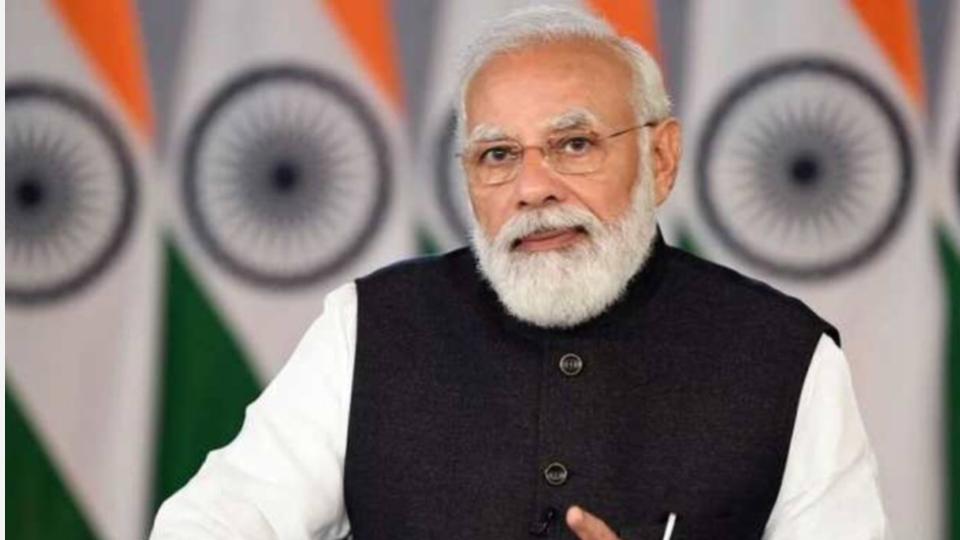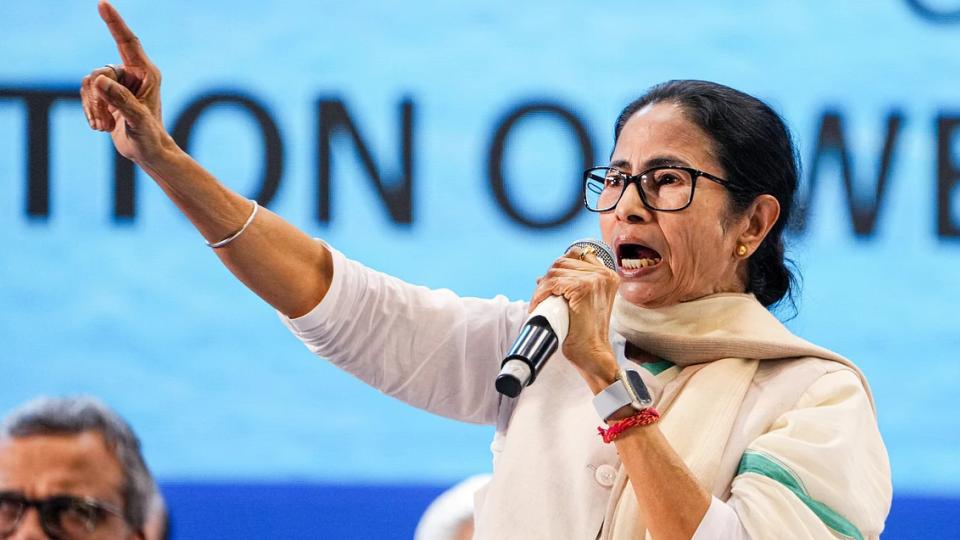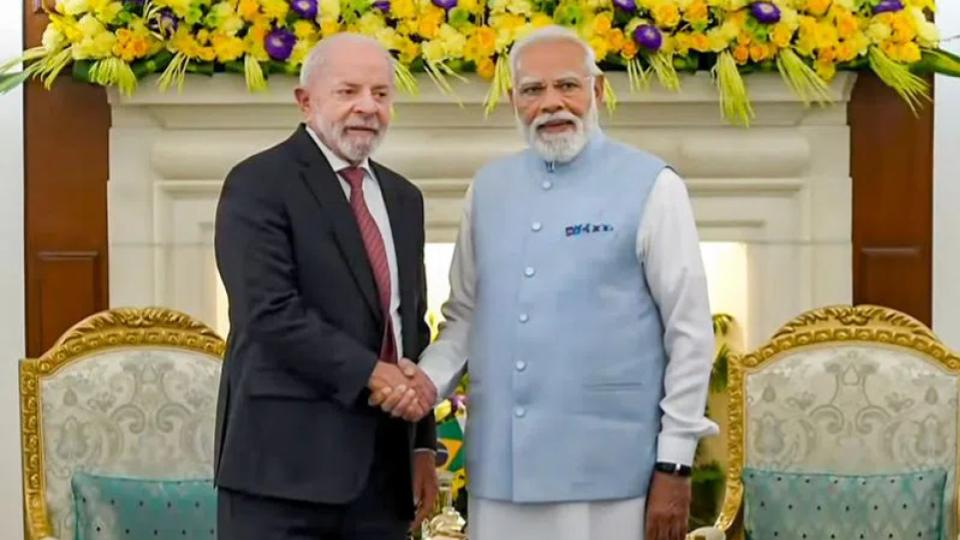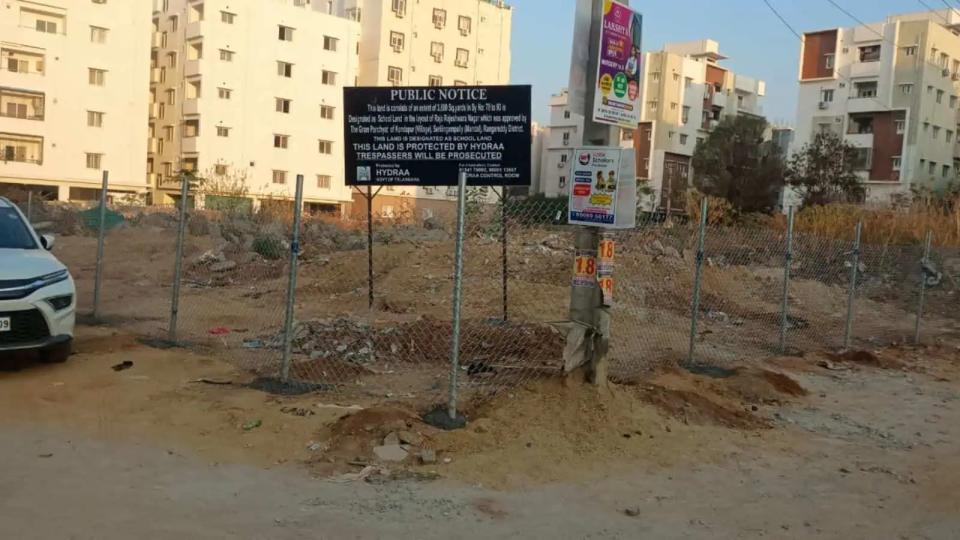Saket Modi, the millennial who keeps your data on the BHIM app safe
Tue 25 Sep 2018, 13:49:30

If you are one of the 33 million-odd BHIM (Bharat Interface for Money) app users, you would have, at some point or the other, wondered if your transaction on the platform and the data generated during the process are safe. The company that ensures that the Made-in-India payments app is safe and secured is run by one of India’s top cyber security experts, Saket Modi.
Lucideus Tech, founded by the 28-year-old entrepreneur, is the chief security provider for BHIM which is built on top of the National Payment Corporation of India’s UPI architecture.
The BHIM app shot to fame when Prime Minister Narendra Modi himself suggested the name and launched it in December 2016. For months, the app remained one of the most downloaded and most used payment services in the country, making it imperative to keep hackers from meddling with it.
One of India’s top ethical hackers, Saket Modi started Lucideus Tech when he was just 22-years old. Having earned a lot of fame in finding cyber vulnerabilities in government services, and even apps and websites of multinational companies, he founded the company to expand the scope of providing such services.
Today, the firm is one of the top cyber security providers in the country and even beyond. While the BHIM partnership is well-publicised owing to the nature of the work the company does, partnerships with companies are usually not put out in the public. But Saket Modi claims that Lucideus even has some Fortune-50 companies as its clients today.
“The future of humanity is digital and when you go digital, the number-one risk is security,” says Modi, as a build-up to a pitch that Lucideus is gearing up to save the fate of humanity. Like most startup founders, Modi also talks of changing the world (in this case, saving it) but unlike most young startup founders, he’s already putting in the legwork to ensure those goals are realised.
To meet the acute shortage of trained cyber security experts, Lucideus Tech has partnered with the Delhi University to create a post-graduate diploma course in cyber security. Under the arrangement, Lucideus will bear all the costs of bringing in industry experts to teach students, create the curriculum and more, while the university will provide students with just the basic infrastructure.
It’s a lot to ask of a six-year-old startup, but Modi says it’s imperative to do so, because if companies like Lucideus Tech have to survive, they need a steady stream of trained professional entering the workforce. It is certainly
an added cost and takes away valuable time that he could otherwise be spending winning deals from large Internet companies, but it’s a cost Modi is more than willing to pay.
an added cost and takes away valuable time that he could otherwise be spending winning deals from large Internet companies, but it’s a cost Modi is more than willing to pay.
“I don’t care if these students don’t come to work for Lucideus. My aim is to save humanity from cyber-attacks, and hopefully, with the money and time we’re putting into training them, they will become our biggest ambassadors in the days to come,” says Modi.
He adds that cyber security teams, whether independent or part of a large internet company, today consist of a few trained analysts while the rest are regular engineers. Lucideus, on the other hand, has 200 employees in its cyber security services team, all certified in the field. It’s a criterion Modi isn’t willing to give up, even though it means he struggles to find new talent. “In the game of security, it’s imperative that no single cog is loose in the system, because that one vulnerability is exactly what your enemies will find.”
Modi’s latest creation, SAFE or Security Assessment Framework for Enterprises, he says, is the next step towards creating cyber security awareness among the top executives in companies who might not be very tech-savvy. The system, which runs on every server, router and computer within an organisation, throws up a score (0-5) on how well each system is protected. These executives can then make a valid call to beef up security in those specific areas, something that makes a lot more sense to someone who’s not a security expert.
Modi proudly pulls up a presentation made by Havells, an electric and lighting company, to its investors. The presentation has a chart that shows that how Havells has improved its SAFE score over the past few quarters.
Why might a traditional company like Havells give so much importance to cyber security, asks Modi? He ends of giving the answer himself. It’s simply because they’re looking to go big into the Internet of Things (IoT).
Like Havells, he says, there are numerous other traditional businesses that require assistance in becoming cyber threat-proof, something that is on everyone’s mind after a giant like Facebook saw $8 billion getting wiped off in its market cap due to a recently announced security lapse in the Cambridge Analytica case.
“We’ve been growing at 300 per cent year-on-year for the past six years, and for us to continue with this kind of growth, it’s important to ensure every enterprise realises that cyber security is something they can’t just ignore,” says Modi.
No Comments For This Post, Be first to write a Comment.
Most viewed from National
Most viewed from World
AIMIM News
Latest Urdu News
Most Viewed
May 26, 2020
Should there be an India-Pakistan cricket match or not?
Latest Videos View All
Like Us
Home
About Us
Advertise With Us
All Polls
Epaper Archives
Privacy Policy
Contact Us
Download Etemaad App
© 2026 Etemaad Daily News, All Rights Reserved.





































.jpg)
.jpg)
.jpg)


